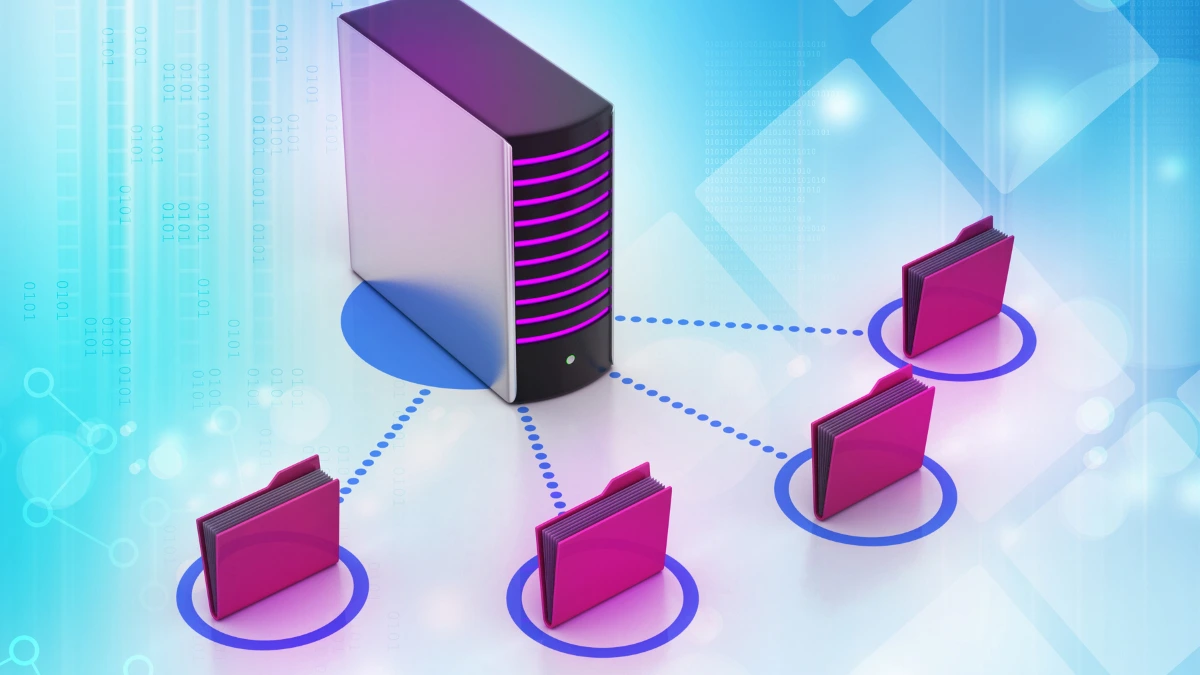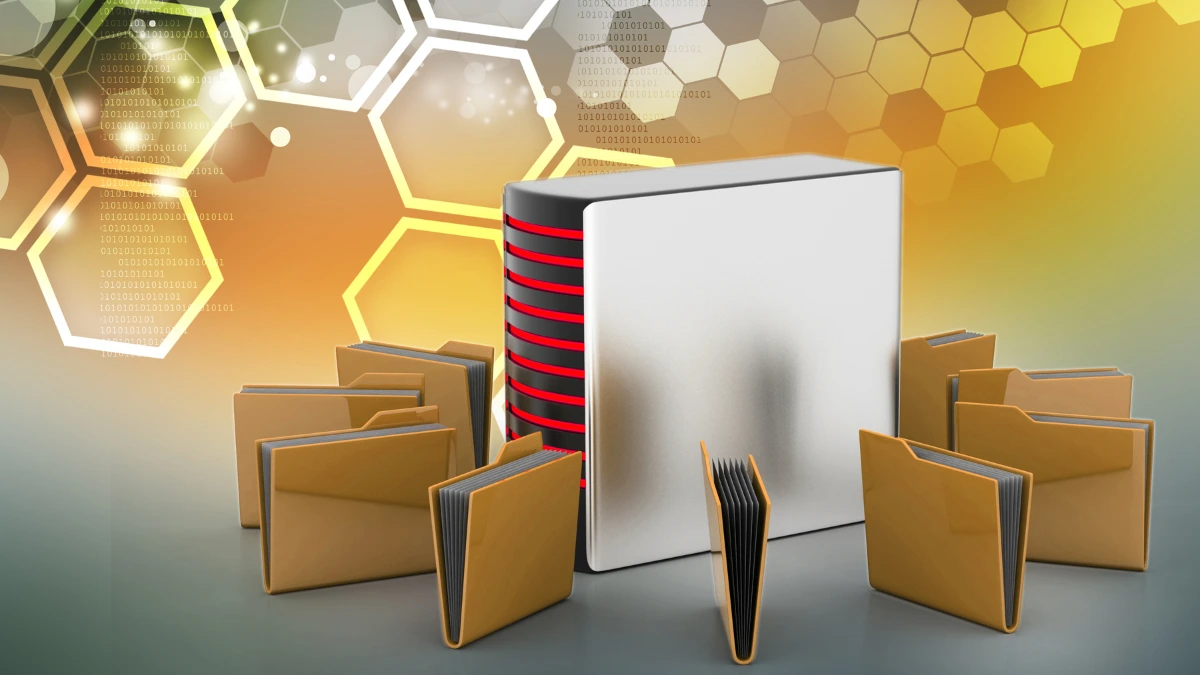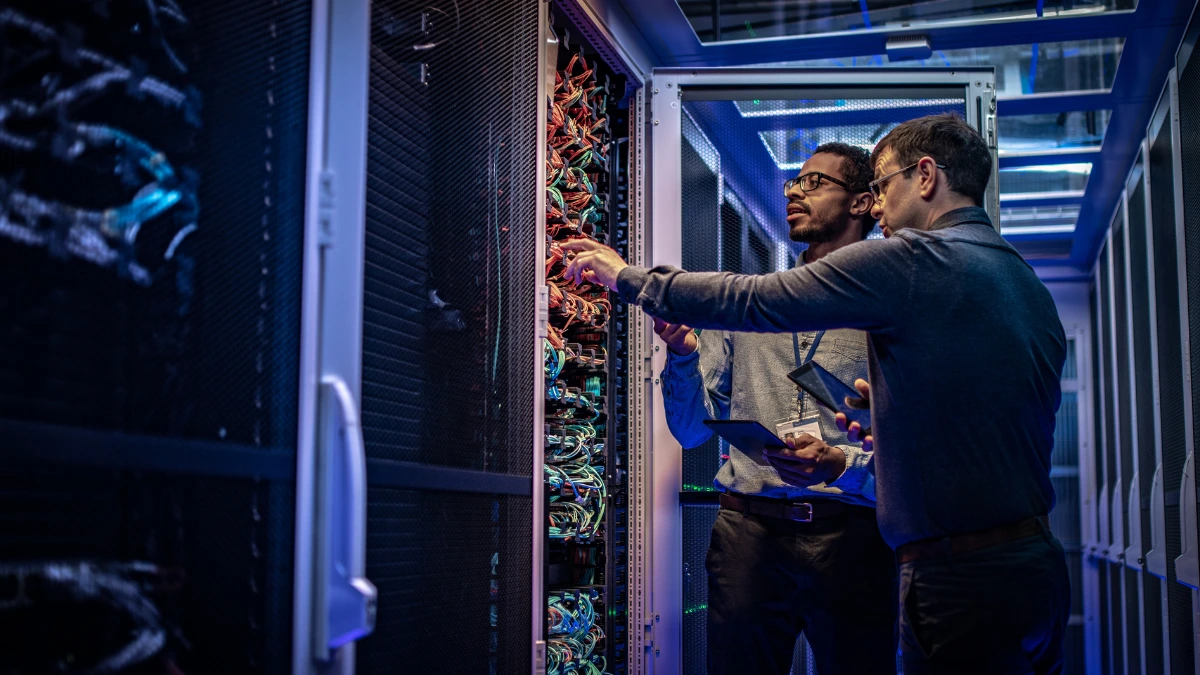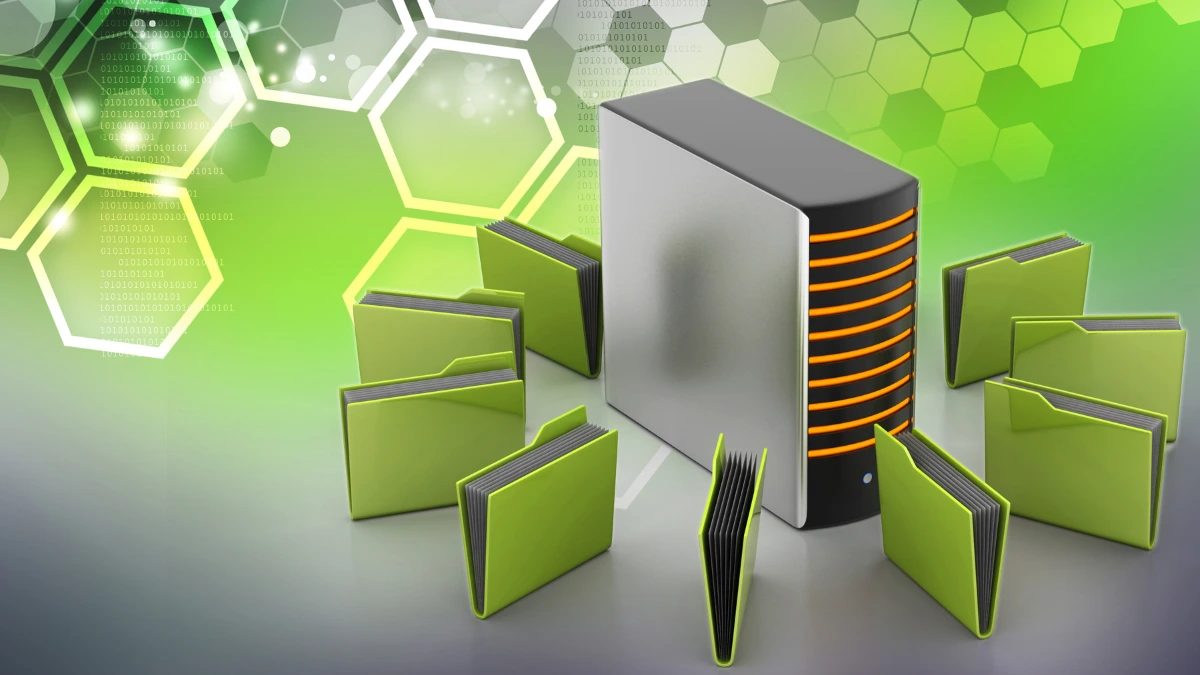The presence of a server provides a digital service center to other computer devices connected through a network. One type of server, according to its function, is the file server, which offers several key functions and advantages.
The functions of a file server include centralized data storage for easy data access. Moreover, the advantages include being remotely accessible, centralized maintenance, and protected data security.
This article will give you information on file servers, including definitions, functions, and the advantages they have.
What is a File Server?

A file server is a type of device that functions to provide storage and file-sharing services in a network. As the heart of a fast and precise computer network, the server is equipped with a high-capacity hard disk and RAM. This device is often used in schools, offices, and internet cafes.
The Functions
The file server has several functions, from centralized data storage to easy data access. Here are some of its functions:
- Centralized data storage: Users can access data from the same location, as various file types such as documents, images, and videos are stored centrally.
- Efficient file sharing: The centralized data source allows users to share files efficiently.
- Easy data access: Users can access files on the server as long as the device is connected to the network without the need to manually copy data.
The Advantages

The file server has several advantages, from being remotely accessible, to centralized maintenance to protected data security. Here are some of its main advantages in detail:
1. Remotely accessible
One of the advantages of a file server is that it can be accessed remotely. As long as the device is connected to the server network, it allows users to access it from anywhere, thus facilitating work flexibility.
2. Customizable scalability
Customizable scalability is another advantage of file servers. Are your company’s storage needs increasing? No need to worry, by using this server, the scalability of the server can be adjusted according to storage needs.
3. Centralized maintenance

With centralized data servers, maintenance is also carried out centrally. That way, the data backup and recovery process can save time and resources.
4. Can only be controlled by those who have access
Can only be controlled by those who have access is another advantage of file servers. Access permissions can be set by the administrator so that not everyone can access sensitive company data.
5. Protected data security
Another advantage of file servers is protected data security. With the access settings that this server has, sensitive data can be better protected from unauthorized access, thus preventing information leakage.
Those are the definitions, functions, and advantages of a file server that you need to know. Another thing to note is that server on the market must pass the certification test from the Directorate General of Digital Infrastructure (DJID).
Server regulation is based on the Ministerial Decree (KEPMEN) No. 60 Tahun 2022, which requires all radio frequency-based devices to meet specific technical standards before being sold in the country.
With a DJID certification, users can feel calm about using a server device whose quality and security are guaranteed. For manufacturers or importers of server devices, obtaining certification from DJID is a mandatory step before the device can be officially marketed in Indonesia.
To simplify the certification process, Type Approval Certification Services for ICT Products are available to assist with this process as a reliable solution. [UN].

